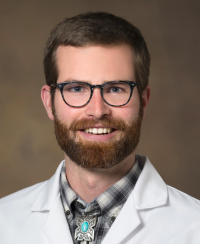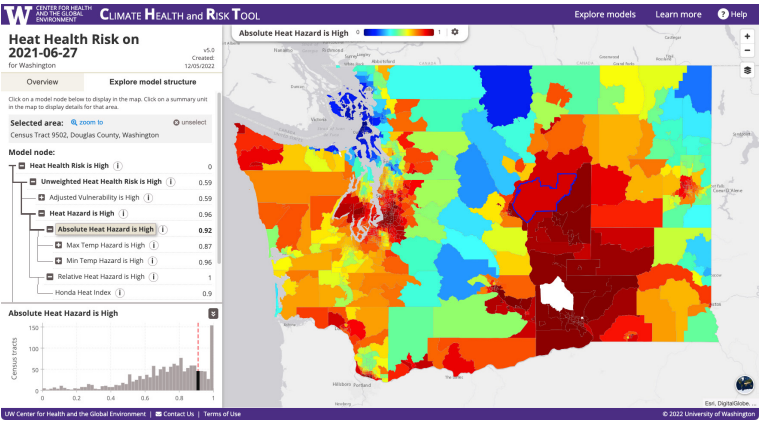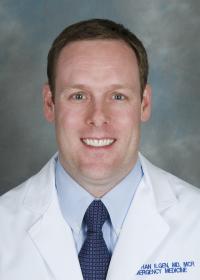
UW emergency medicine physicians launch climate and health research center


University of Washington researchers have secured a grant from the National Institutes of Health (NIH) to collaborate with communities in preparing for climate-related disasters and protecting public health. Dr. Jeremy Hess, a leader in environmental health and an emergency medicine physician, is heading the project to establish a new research center with funding from the National Institute of Environmental Health Sciences (NIEHS).
The Research and Engagement on Adaptation for Climate and Health (REACH) Center will drive large-scale, evidence-based solutions to help communities adapt to the impacts of climate change. The REACH Center will launch several initiatives that bring together diverse fields to protect public health from these challenges.
One cornerstone of the project is the testing and evaluation of a novel decision-support tool called the Climate Health and Risk Tool (CHaRT). It provides an interactive way to explore how a variety of climatic, environmental, social, and economic factors contribute to climate-related health risks faced by communities and provides location-specific, evidence-based guidance on interventions to reduce risks and how to implement them.

With this information, community members and decision-makers can create plans to protect people from climate-related environmental conditions. The grant provides for nationwide expansion of the tool and a randomized controlled trial to evaluate its effectiveness and implementation.
The tool was developed and implemented in Washington, where it has supported planning and community engagement in multiple locations. “We’ve enjoyed our mild climate for a really long time, and that climate is changing,” said Hess when previously interviewed about CHaRT.
“We’ll have more frequent, more severe, and longer heat waves. And we are not that well prepared for that, particularly in Western Washington.” Hess adds, “This grant allows us to build on partner feedback, expand the tool to the rest of the country, and evaluate its effectiveness through a rigorous design.”
Alongside CHaRT, the REACH Center will introduce several other key initiatives, including a cutting-edge curriculum on climate and health implementation science, a new interdisciplinary planetary health program at the UW School of Medicine, pilot projects to tackle climate and health challenges in Pacific Northwest communities, and community engagement efforts to support both the research and these interventions.
The Center brings together a diverse team of experts in climate science, public health, and environmental justice. In addition to Dr. Hess, co-investigators include Professor Kenny Sherr and Professor Kris Ebi from the Department of Global Health. Drs. Tania Busch Isaksen, Resham Patel, and Stefan Wheat from Emergency Medicine will lead community engagement across the Washington, Wyoming, Alaska, Montana, and Idaho (WWAMI) region.
This complements Dr. Wheat’s work as the director of planetary health education for the UW School of Medicine. DEOHS Associate Professor Nicole Errett will focus on training and providing technical assistance.
The grant will span three years and is anticipated to be a crucial first step in improving public health and healthcare resilience as climate change continues to accelerate.








